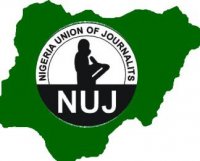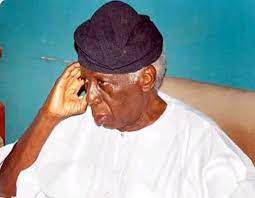Around 30 dead in Congo capital flooding, authorities say
ARTICLE AD BOX
Around 30 people have died in flooding in the Democratic Republic of Congo’s capital Kinshasa, the provincial health minister said on Sunday, as torrential rains over the weekend destroyed homes and roads.
“The death toll is provisional, but so far there are around 30 dead,” Patricien Gongo Abakazi told Reuters.
The Ndjili River, which runs through part of the city of around 17 million, overflowed its banks on Friday night, blocking the main national road and leaving drivers stranded since Saturday evening.
“On the way home from the airport last night to welcome afriend, we spent the night in the car because there was no safeplace to park,” said Patricia Mikonga, a Kinshasa resident.
Several neighbourhoods were left without power.
Kerene Yala, a resident of Makala district, said the main problem in the area was the water supply cutoff.
Kinshasa Governor Daniel Bumba Lubaki said the water infrastructure had been affected but that supply would be reinstated within two or three days.
In a televised speech, he blamed illegal housing for some of the deaths and threatened to evict people from unplanned settlements.
Hydrologist Dr. Raphael Tshimanga Muamba said the river had been affected by human activity over time.
“These are anthropogenic actions where rivers are degraded; their dimensions no longer represent their initial capacity to contain floods,” he told Reuters.
The flooding comes at a vulnerable moment for the Central African nation.
Congo’s government and M23 rebels last week held private talks in Qatar for the first time since the rebels conducted a lightning offensive in the country’s east, a source briefed on the discussions told Reuters.
The talks, which will continue next week in Doha, offer the greatest hope of a halt to hostilities since M23 seized eastern Congo’s two largest cities, a rapid advance that since January has resulted in thousands of deaths and forced hundreds of thousands more from their homes.
The fighting has raised fears of a wider regional war, as Congo’s neighbours Uganda and Burundi, also have troops in the region.
Author


 1 week ago
8
1 week ago
8


















.jpg)



.jpg)
.jpg)









 English (US)
English (US)